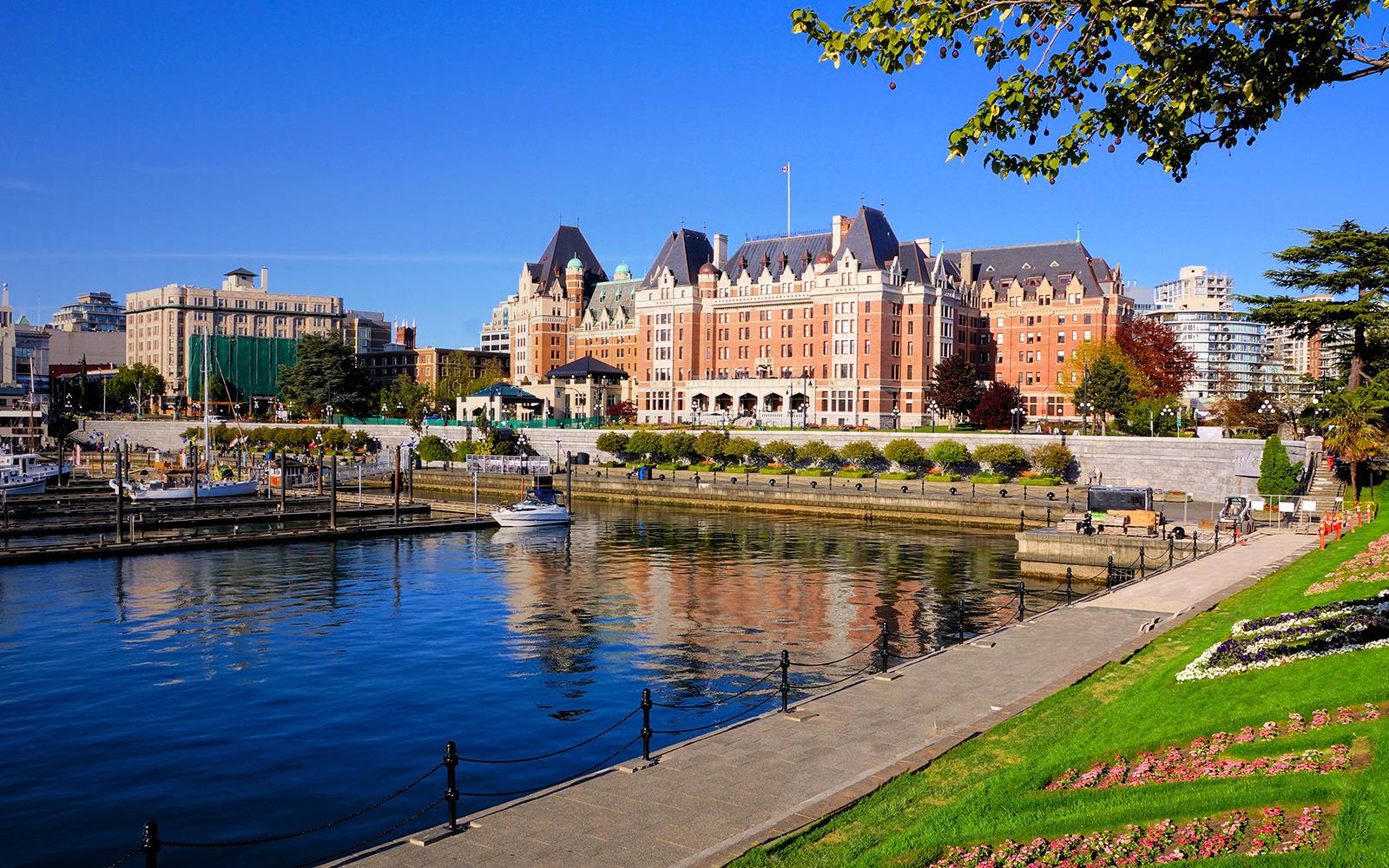British Columbians have been through a lot in 2020 and 2021. The impacts of COVID-19 arrived suddenly and have been difficult to forecast. Some B.C. households have faced more challenges than others, but nearly everyone has experienced setbacks to some degree.
While unemployment rates have been decreasing across the province and are firmly below the national average, a growing proportion of these roles are part time. This begs the question of how many British Columbians are struggling to meet their financial obligations due to pandemic-driven income reductions or interruptions.
Growing debt concerns across the province may hint at the answer. A recent MNP Consumer Debt Index survey indicates roughly a third of British Columbians say the pandemic has created a larger debt burden for either themselves or their family (36%). The study also revealed British Columbians are the most likely (47%) to say they are not confident they can cover all living and family expenses in the next 12 months without spending on credit compared to other provinces.
Outside of the pandemic, the rising cost of housing appears to be a driving force behind financial uncertainties. Soaring real estate values have many B.C. residents struggling to cover their monthly expenses, and a third (31%) now report being house poor. This reflects in what we’re seeing at MNP: a growing number of overextended homeowners who have significant equity but are struggling to meet their monthly obligations.
There’s reason to fear these challenges may get worse before they get better, too. Year over year, B.C. has experienced a significant increase in new mortgage volume as well as home equity line of credit (HELOC) usage. It seems low interest rates necessitated by the pandemic may be luring many consumers into a precarious position. With larger purchases (e.g., real estate, renovations, vehicles, etc.) appearing more affordable — at least for the time being — six in 10 (60%) British Columbians say they’ve taken advantage of low interest rates to make purchases couldn’t normally afford. Again, the highest proportion across Canada.
Now that government relief measures are being scaled back and creditors are resuming collection activity, some worry all this debt dependency will drive increased consumer insolvency filings (i.e., Bankruptcies and Consumer Proposals). According to the Office of the Superintendent of Bankruptcy, consumer insolvencies in B.C. already increased by more than 24 percent between the second quarters of 2020 and 2021. Without a clear end to the pandemic, the rising housing prices, or the low interest rates, it’s difficult to predict how these numbers will trend in the months and years to come.
Don’t struggle with your debt alone
For any British Columbian who is struggling with more debt than they can manage, a Licensed Insolvency Trustee can provide helpful information about options for relief, such as Bankruptcies and Consumer Proposals. During a Free Confidential Consultation, they will review your entire financial situation and goals to provide solutions and unbiased advice tailored to your specific situation.
Don’t wait until you’ve exhausted every option. A Licensed Insolvency is the only federally licensed debt professional who is qualified to advise on all your debt options and help you choose the fastest, most effective, and most affordable path to your financial fresh start. Whether you’d benefit from budgeting assistance, debt consolidation, or a legal debt option, they’ll provide the perspective, resources, and support you need to reach your financial goals.



